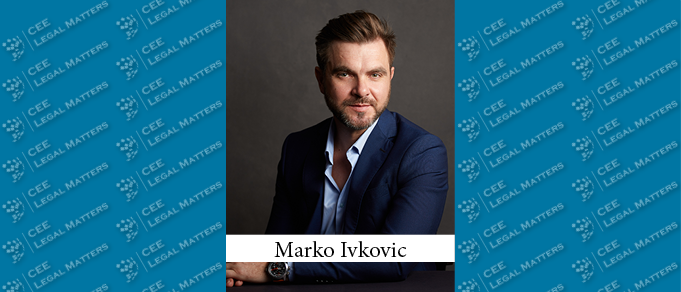A governmental crisis with a country-wide impact is preventing Montenegro from moving forward at a pace, both in terms of legislation and investments, according to Prelevic Law Firm Senior Lawyer Marko Ivkovic.
“After almost three decades, Montenegro saw a change in government recently; however, things have not been a smooth ride since,” Ivkovic begins. “Although significant steps were taken in the fight against corruption after the change of government, the current situation is unstable – we have a technical government running the country, and elections are to take place soon,” he explains. The date of the elections is still unclear – it is expected to be sometime in the first quarter of 2023, most likely.”
Focusing on the work of the technical government, Ivkovic explains that it is not in a position to accomplish much. “The technical government is not in a position to move forward on critical matters, such as important tenders and major projects, including the EU accession work,” Ivkovic says.
“To move things forward, we would need to hold elections and have a stable government, which is a challenge. Not to mention that holding these elections might be problematic too – the Constitutional Court of Montenegro, which is the only court with jurisdiction in electoral matters, is lacking judges, and the parliamentary parties cannot agree on who should be named to the bench to fill the gaps,” he reports. “Without a functioning court, there can be no judicial recourse during the elections.”
Moreover, it would appear that the government would have to make some tough decisions – and soon. “The EU is pushing for Montenegro to close out the citizenship-by-investment program, which has been in place for some time now,” Ivkovic reports. “Due to the EU requirements, the program is likely to end soon,” he explains.
Finally, given such political turmoil, it does not come as a surprise that there aren’t many state-supported projects in development. “The biggest greenfield project of note is probably the development of the Velika Plaza beach in Ulcinj, which is the biggest sand beach in Montenegro and one of the biggest ones in Europe,” Ivkovic reports. “The government has announced a huge investment initiative there, and investors are being invited.”
Generally, he says the most vibrant developments are “within the tourism and hotel sectors, which have traditionally been the strongest for Montenegro, but even these have not seen much new action." In conclusion, Ivkovic says “the wait-and-see mindset is dominant with investors and lawyers alike – we are all waiting to see what will happen next.”






















